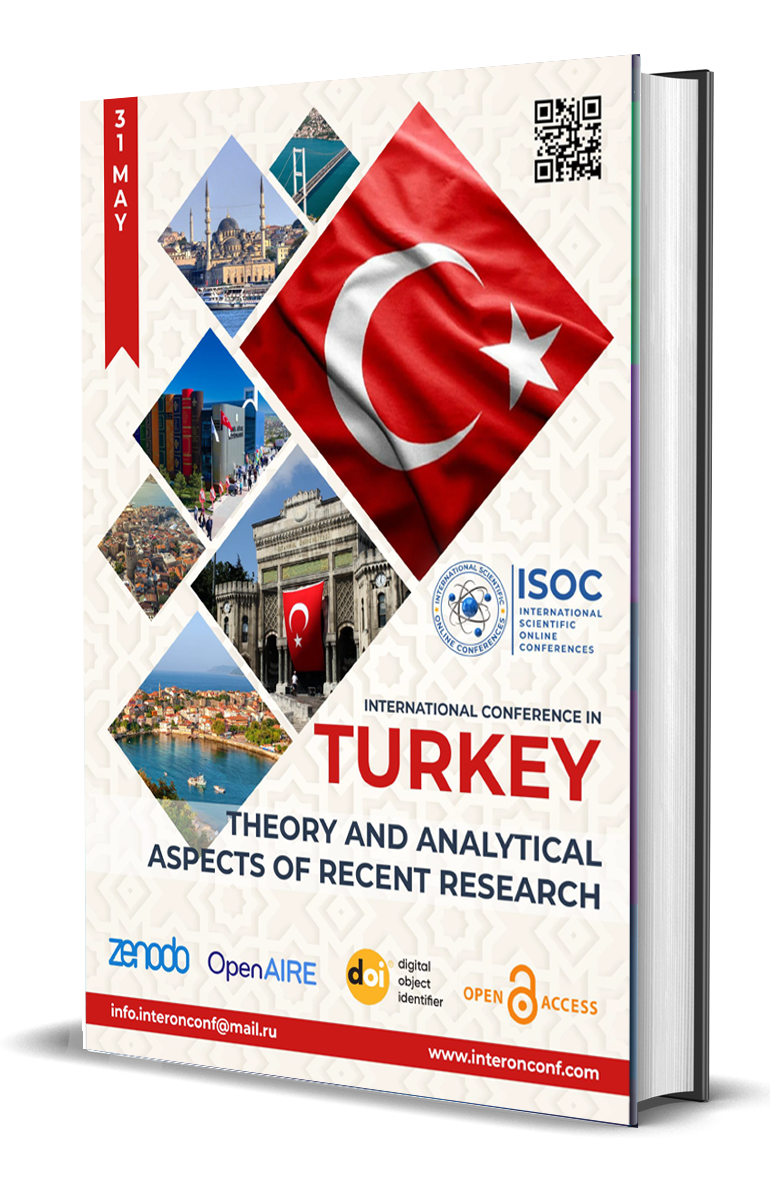THE USE OF INTERACTIVE TEXTBOOKS AND ELECTRONIC RESOURCES IN TEACHING FOREIGN LANGUAGES FOR PRE-SCHOOL EDUCATORS
Keywords:
Interactive textbooks,electronic resources,audio recordings,animations, interactive exercises, quizzes, simulations and etc.Abstract
In this article,interactive textbooks and electronic resources have revolutionized the teaching of foreign languages, offering dynamic and engaging ways to facilitate learning. Here are some key aspects of their use.
References
Clark, R. E. (2012). Games and Simulations: Serious Fun. In Learning from Media: Arguments, Analysis, and Evidence (2nd ed., pp. 311-341). Information Age Publishing.
Hutchison, A., & Reinking, D. (2011). Teachers' perceptions of integrating information and communication technologies into literacy instruction: A national survey in the United States. Reading Research Quarterly, 46(4), 312-333. https://doi.org/10.1598/RRQ.46.4.2
Lare, R. (2016). The Digital Education Paradox. Educational Leadership, 73(6), 16-21.
Liu, C. C., Cheng, Y. B., & Huang, C. M. (2011). Identifying challenging issues in online collaborative learning: A Delphi study. Computers & Education, 56(3), 871-880. https://doi.org/10.1016/j.compedu.2010.10.006
Martin, A. J. (2011). Motivation and engagement across the academic lifespan: A developmental construct validity study of elementary school, high school, and university/college students. Educational and Psychological Measurement, 71(4), 743-768. https://doi.org/10.1177/0013164410391576
Melhuish, E. C., Phan, M. B., Sylva, K., Sammons, P., Siraj-Blatchford, I., & Taggart, B. (2008). Effects of the home learning environment and preschool center experience upon literacy and numeracy development in early primary school. Journal of Social Issues, 64(1), 95-114. https://doi.org/10.1111/j.1540-4560.2008.00552.x
Sarama, J., & Clements, D. H. (2009). Digital technologies in early childhood mathematics: A second decade of research. Journal of Early Childhood Research, 7(1), 3-18. https://doi.org/10.1177/1476718X09333196
Van der Meij, H., & de Jong, T. (2006). Supporting simulation-based learning; the effects of model progression and assignments on the acquisition of troubleshooting skills. Computers & Education, 46(4), 381-406. https://doi.org/10.1016/j.compedu.2005.11.012
Wayman, J. C. (2005). Comprehensive database systems for monitoring school performance: What can they learn from manufacturing? American Journal of Education, 112(4), 567-592. https://doi.org/10.1086/431280
Wenzlaff, T., & Oberhuemer, P. (2010). Electronic books for toddlers: Design recommendations. Computers in Human Behavior, 26(2), 291-301. https://doi.org/10.1016/j.chb.2009.11.003





